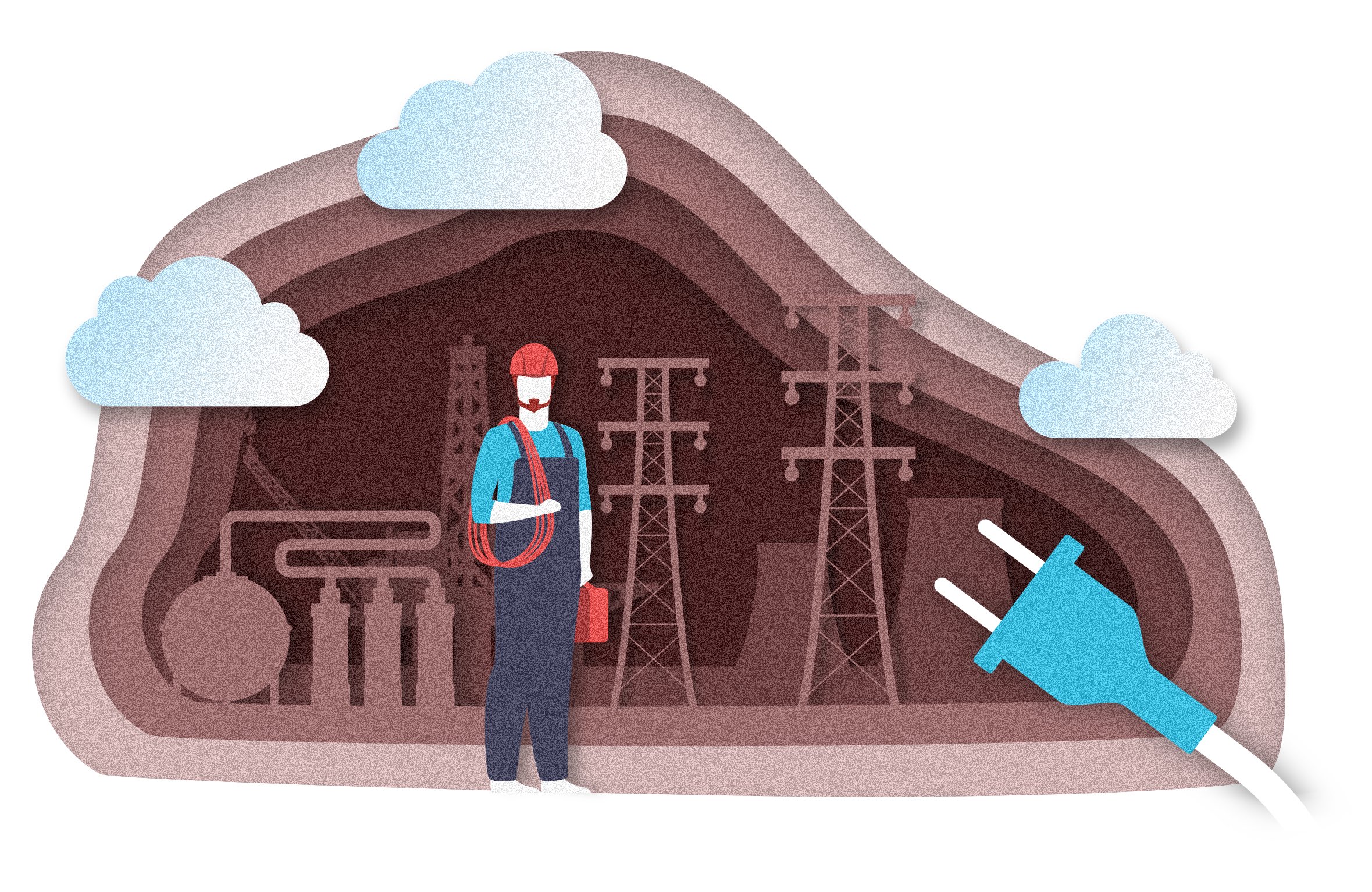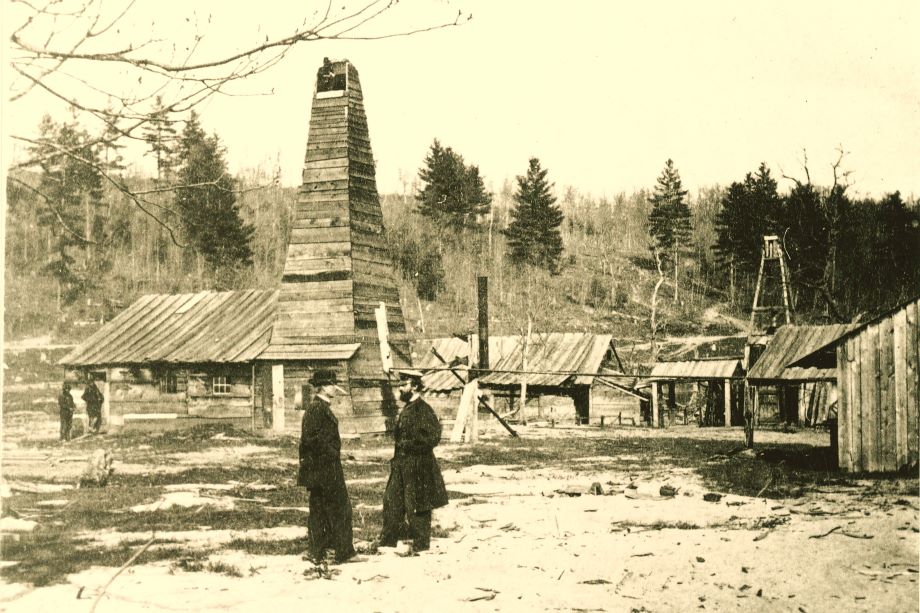Cyberspace Solarium Commission Congressional Co-Chairs Take Part in Conversation on Cybersecurity and the Future of Technology Policy
Cyberspace Solarium Commission Congressional Co-Chairs Take Part in Conversation on Cybersecurity and the Future of Technology Policy
The Cyberspace Solarium Commission, a bipartisan group tasked with devising a strategy for defending the U.S. against cyberattacks, recently held a series of short interviews with experts in the cybersecurity and technology fields. Senator Angus King (I-ME) and Congressman Mike Gallagher, co-chairs of the Cyberspace Solarium Commission spoke at the event, focusing mainly on the Commission’s most recent report which proposed a very ambitious plan to reorganize the federal government’s approach to cybersecurity. The report includes over 75 recommendations for how Congress and the executive branch can better deter cybersecurity attacks.
At the event, Senator King and Congressman Gallagher both emphasized the need for a show of high-level leadership going forward, as well as a cohesive strategy of deterrence that specifically articulates the repercussions of attempted cybersecurity attacks. The goal of the report is to elevate and empower existing agencies and encourage collaboration between them and the private sector. Senator King also noted the need for more international consensus when implementing sanctions related to cybersecurity; in order to be most effective, these should be international rather than unilateral, as has been the case thus far. When asked about next steps, Congressman Gallagher stated, “We think it’s urgent [that these recommendations be acted upon]. This is like doing the 9/11 commission before 9/11 happens.” At the very least, Senator King said, the hope is that this report will start a much broader debate on cybersecurity.
Lisa Monaco, co-chair of the Aspen Institute Cybersecurity Group and former Homeland Security and Counterterrorism Advisor in the Obama Administration, spoke next. Monaco discussed COVID-19 (also known as the Coronavirus) and its relation to national security. She emphasized the need to treat pandemic diseases as national security threats, given that they (like cybersecurity attacks) “know no borders” and have the potential to be used as a catalyst to sow discord and division. Monaco also spoke about the Solarium Report. Although she was optimistic due to its inclusion of legislative language, she noted that the biggest challenge will be getting movement on Capitol Hill. From her perspective, the U.S. is “on the outside looking in,” which is a dangerous place to be, particularly regarding cybersecurity. She called for international consensus, but also emphasized the need for domestic action when it comes to issues like election security. She stated that the Federal government needs to invest more money into state election security measures and to start working on a cohesive long-term strategy rather than a short-term fix. Monaco specifically suggested bringing back the Worldwide Threat Assessment (from the U.S. intelligence community), which has previously listed cybersecurity as the top issue and which has not yet been released for 2020.
Last to speak was Christopher Krebs, Director of the Cybersecurity and Infrastructure Security Agency (CISA) at the U.S Department of Homeland Security. Krebs continued the topic of election security, noting that during the first Super Tuesday of this election cycle there was a CISA operation center in Arlington that was working to police the elections as they occurred. The center brought in various agencies, election supply vendors, local and state government officials, and social media members to educate them on the ongoing process to secure the elections. The operation center was monitoring the elections and was able to report and take note of issues as they happened. Krebs, when asked about international influence, stated that there was “no evidence of outside threats” in the first Super Tuesday elections they monitored. In fact, he estimated that the upcoming presidential election will be the “most secure, most protected election in the history of the United States.”
To view a recording of the event, please visit: https://www.axios.com/cybersecurity-tech-policy-axios-event-ea7a00a6-18aa-48f8-bb80-5325ffc3b77f.html?utm_source=email




